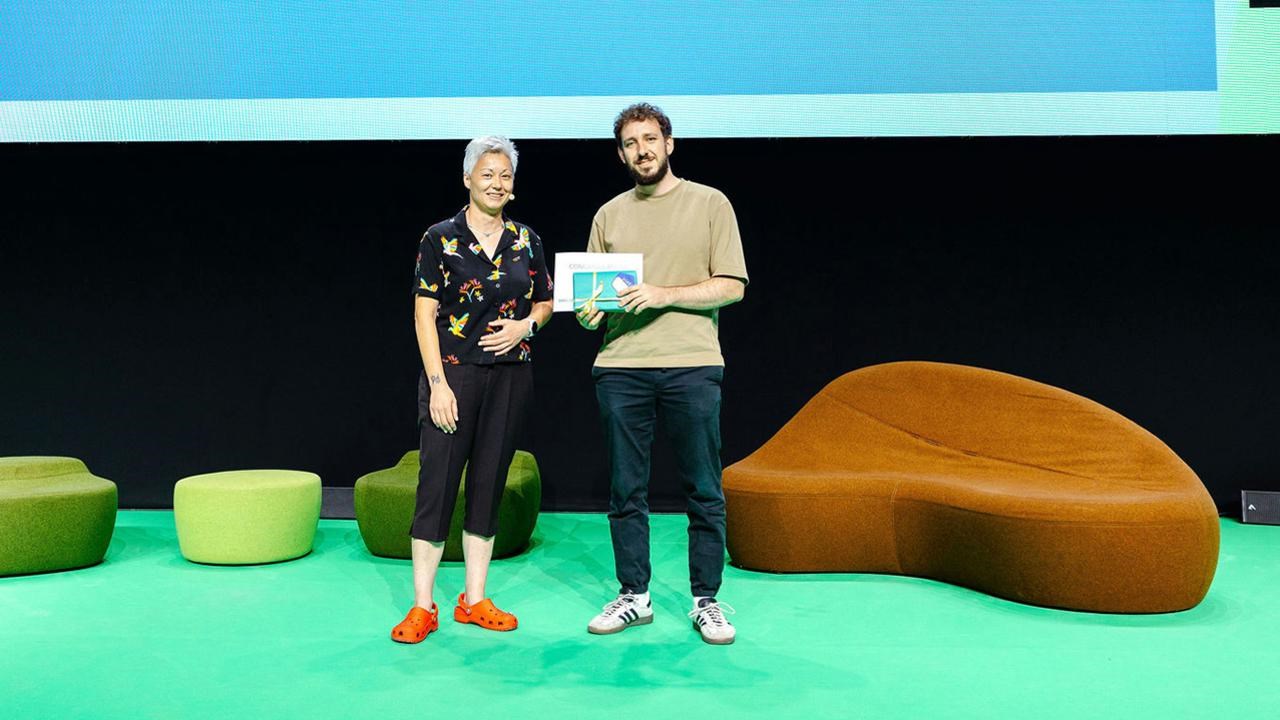FEMS MICRO Milan 2025
The Federation of European Microbiological Societies (FEMS) premier congress and exhibition for microbial research and collaboration, was held in Milan14-17 July 2025. The event brought together over 2,000 microbiologists from around the world under the theme "Magnifying microbial impact" to share knowledge, foster innovation, and explore practical, microbial-driven solutions to global challenges. The programme included keynote speakers, interactive workshops, sessions on various aspects of microbiology, cutting-edge industry talks, and networking opportunities for both established and early-career scientists



